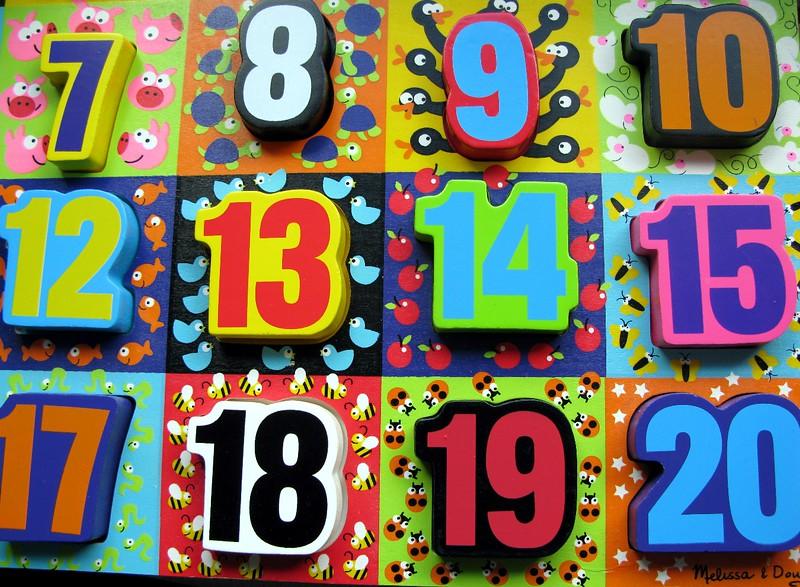Science lottery: NWO again open to ideas

Imagine that a hundred scientists are seeking a research grant but you only have fifteen grants in the offing. What do you do in this case? The allocation of research funding is not an easy task and there is much to take into consideration.
Research financier NWO has committees of experts designate the winners. An intensive undertaking. It often requires various rounds, interviews and detailed proposals, and then there are reviews from experts from both the Netherlands and abroad.
Circus
Critics point out that the process takes too much time and trouble, and that even then it is questionable if there is any point to the entire circus. The vast majority of scientists are rejected and it is virtually impossible to make any meaningful distinction between the winner who secured 15th place and the loser who came 16th.
One alternative is a lottery. The idea is to first make a selection of the very best applications and to also filter out the weakest proposals. The remaining applicants can then be chosen by lottery. Faster, cheaper and fairer.
The discussion has been ongoing for years. Researchers (links in Dutch, ed.) from the Rathenau Institute have argued the case for lotteries, as have members of the Young Academy. Last year CPB Netherlands Bureau for Economic Policy Analysis issued the same recommendation. And this week the journal Nature also published an article on the subject.
Run
But so far NWO has refused to commit, advancing various arguments for its stance. For example, they argue that a lottery will barely have any impact on the run on research grants. After all, in order to participate in a lottery a researcher first has to submit a research proposal. That will not change.
Moreover, NWO’s own analysis shows that the assessment of experts can be imitated. ‘We examined whether the assessments of committee members were reproducible”, said NWO chair Stan Gielen. ‘That turned out to largely be the case.’
Furthermore, NWO questions how much support the idea of a lottery can garner. In 2017 around 200 people attended a meeting in Amsterdam to discuss the high number of applications being submitted to NWO. At one point, the attendees were asked to indicate whether they thought a lottery was a good idea by a show of hands. ‘Just a couple of people raised their hands’, says NWO spokesperson Olivier Morot. NWO’s own dealings with the committee members also apparently reveal that they do not share ‘an undivided opinion’ on the topic of a lottery.
Experiments
He says that the idea has never been blocked. NWO simply first wanted to await the results of experiments in other countries, such as that of the private VolkswagenStiftung in Germany. In the meantime NWO explored other measures for dealing with the high number of applications. And these measures have had some effect.
‘But we are not there yet, and the pressure on science is still high,’ says Morot. At the request of Minister of Education, Culture and Science Van Engelshoven, the Association of Universities in the Netherlands (VSNU), the Royal Dutch Academy of Arts and Sciences (KNAW) and research financier NWO will produce a plan for reducing the pressure of work experienced by scientists. ‘As a corollary, NWO wants to continue its discussions with the research community to explore whether supplementary measures, such as a lottery, could provide a potential solution to the high number of applications and save time for applicants and assessors alike.’